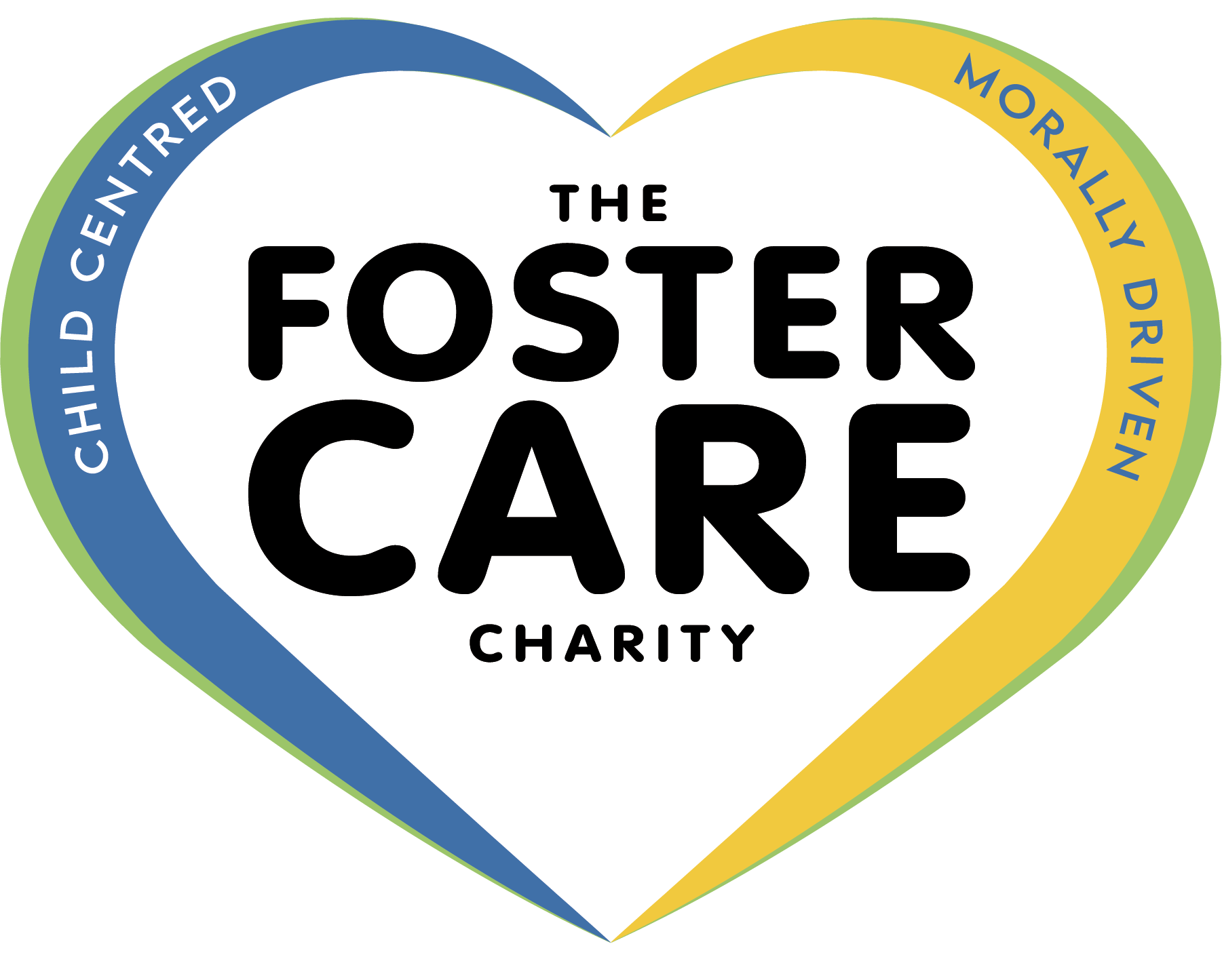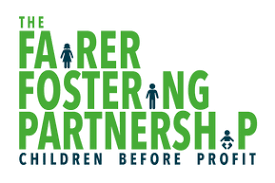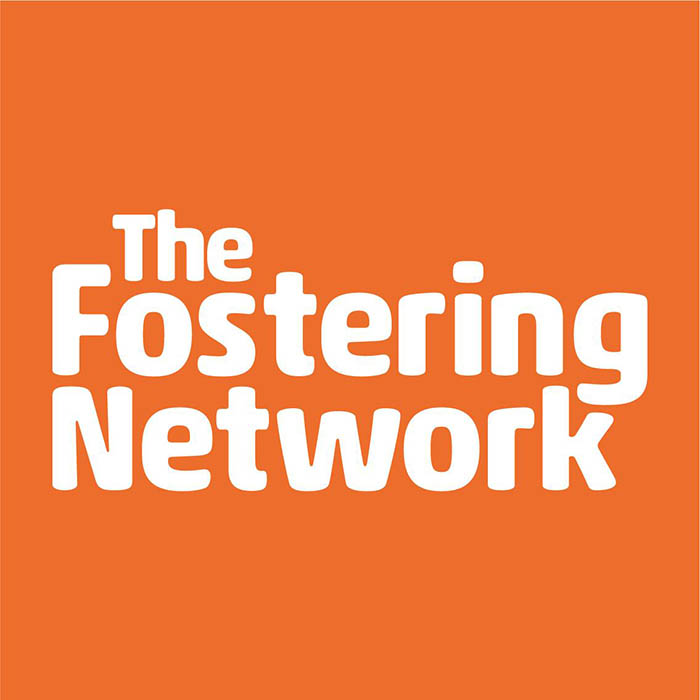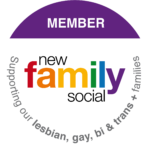
‘You can be gay, straight, single, married, living together, with or without your own children, from any ethnic background and you can hold any religious belief.’
This is a line directly lifted from The Foster Care Co-operative’s brochure, designed to be read by prospective foster carer applicants. It is an attempt to highlight the need for diverse foster carers – from all sections of society. In reality, it doesn’t even come close to an exhaustive list.
Why does FCC need such diverse foster carers?
To start with, fostering should always be inclusive. Anyone, no matter what background, ethnicity, sexual orientation or religious belief, should be encouraged to make a difference to a child’s life. Diversity and inclusion is at the heart of what The Foster Care Co-operative stands for, extending to all areas of the agency, including staff recruitment.
More specifically, FCC seeks diverse carers because the children who need foster homes are equally as diverse. Of course, foster carers have the ability to be flexible with any child in their care. Some adjustments may need to be made within the home to cater for, say, a religious-specific diet. But generally, foster carers are able to adapt, adjust and care for a child no matter what their background or needs may be. And that’s why they are amazing people.

Sometimes, however, there is such a specific match required that it demands a certain type of person with specialist experience or a specific skill set. One of FCC’s foster carers has significant experience in the area of Foetal Alcohol Spectrum Disorder. As a result, they were able to care for a child affected by that condition, bringing their knowledge and expertise in that area to the forefront. Other times, a diverse pool of carers could mean that ethnic or religious-based matches could be specifically catered for.
In 2018, FCC approved their first deaf foster carer – a teacher of British Sign Language. Local Authorities were contacted, and three months later our carer was able to offer a short-term home to a deaf young person. Due to the outstanding ‘match’, the carer had an excellent understanding of the child’s needs. Consequently, the young person went on to thrive in his foster home and the young person’s social worker commented that the carer offered him ‘good wrap-around care’. The carer has gone on to recommend FCC to other deaf colleagues who may be interested in fostering.
On a different note, one of FCC’s social workers took part in a two-year research project along with the University of Worcester. The research was commissioned to look into the barriers that disabled people may face when wanting to become foster carers, and if these barriers could be removed. After all, if people with disabilities could care for a child with a disability, what greater match could there be? Even before the research had commenced, FCC were looking at the language used around the medical and health aspects of its fostering application process. Phrases such as ‘fit and healthy’ were replaced with ‘do you have the capacity and stamina to foster?’, with a footnote stating that ‘having a disability or health (physical or mental) condition wouldn’t preclude you from becoming a foster carer in itself.’
FCC became members of New Family Social, a UK charity dedicated to help and guide LGBT+ people who are considering fostering or adoption. New Family Social offer free memberships to carers within a joining agency, so some of FCC’s foster carers requested memberships to help support any children placed with them who may identify as LGBT+.
In advertising, and on their website, FCC display multi-cultural images, to further reinforce their inclusive values and objectives.
There are, however, general fostering regulations that dictate the basic initial fostering requirements, such as having at least one spare bedroom, and being aged 18 years or over. There are also other criteria that all applicants would need to satisfy as part of the foster carer assessment process.
Inclusion isn’t a tick box or a gesture of diversity. At FCC, it’s based on finding the best possible carer-to-child match. That means finding, training and nurturing a diverse range of foster carers. That way, children’s time in the care system can hopefully be the best that it can possibly be.








